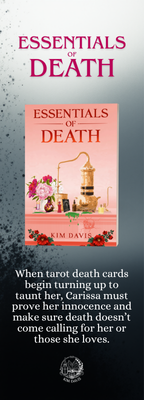by Maria Ruiz
The war was over and the men fighting in Europe were eager to go home. Manuel Ruiz had fought in Italy; in mud holes, in villages, in his own hell. Slowly the men got transportation to the ships that would carry them back home. Arriving in New York, they were given some money and train tickets. All the families had been notified and would be there to greet them. Manuel was tired and promised himself that he would never leave Santa Barbara again. 
He slept long and deeply on his four-day trip across the big country. He didn’t look out the windows at the passing landscape, instead, he looked into his own memory for the sights, sounds, and smells he would find when he arrived. At the train passed through the mountains of California, he could hardly sit still. His heart was beating in anticipation.
At every stop, soldiers would be greeted by throngs of families and friends, flags would wave and sometimes, bands would play cheerful music.
First, he would greet his girlfriend, then his Dad. After that, whoever was there. He would take his girl out to a fancy restaurant, ask her to marry him and find a job. It was time to settle down. He would never think of the war again. From now on, life was family, friends and Santa Barbara.
The train pulled into the station and he grabbed his bag. He looked out the windows as he walked down the aisle and didn’t see anyone. He stepped down from the train, expecting the noise and excitement of everyone, but saw only an empty station. How could they?
He walked along the station, his throat was tight, and tears were falling down his checks. He looked up the street. No one. He walked the five blocks toward home, past the old church, the post office, old Senor Gutierrez’s home, and with every step, he got angrier. He could smell the tortillas, the chorizo, the beans and he was hungry. He turned up Cabrillo Street and walked the two blocks to his Dad’s home. No one was about but he could hear talking and crying from the house. He walked up the steps and crossed the old wooden porch. He raised his hand and knocked on the door. All talking stopped inside. The crying stopped and he could hear footsteps coming. He didn’t know whether to greet them with anger or happiness. They didn’t even care to meet him at the station.
The door opened and his Dad stood there. He seemed smaller than he had been when Manuel left. Now the old man stared at him, his face turning white, and he slumped to the floor. A woman’s voice started screaming and more people came running. ‘It’s Manuel!”
“It’s Manuel! He’s not dead, He’s here!”
The screaming seemed to come from everywhere. Now neighbors came running, someone helped his Dad up. Suddenly his girlfriend was hugging him, tears running down her face.
“We thought you were dead. We’ve just come from your funeral.” She sobbed at him.
Somewhere in Texas a family eagerly awaited a train carrying another Manuel Ruiz. A few days later, they met another train carrying a flag-draped coffin from Santa Barbara.
>

















This is a wonderfully quickly turned story!!!
Hi Maria, enjoyed reading your story, especially the ending!
What a great story. I love it, as usual, Maria.